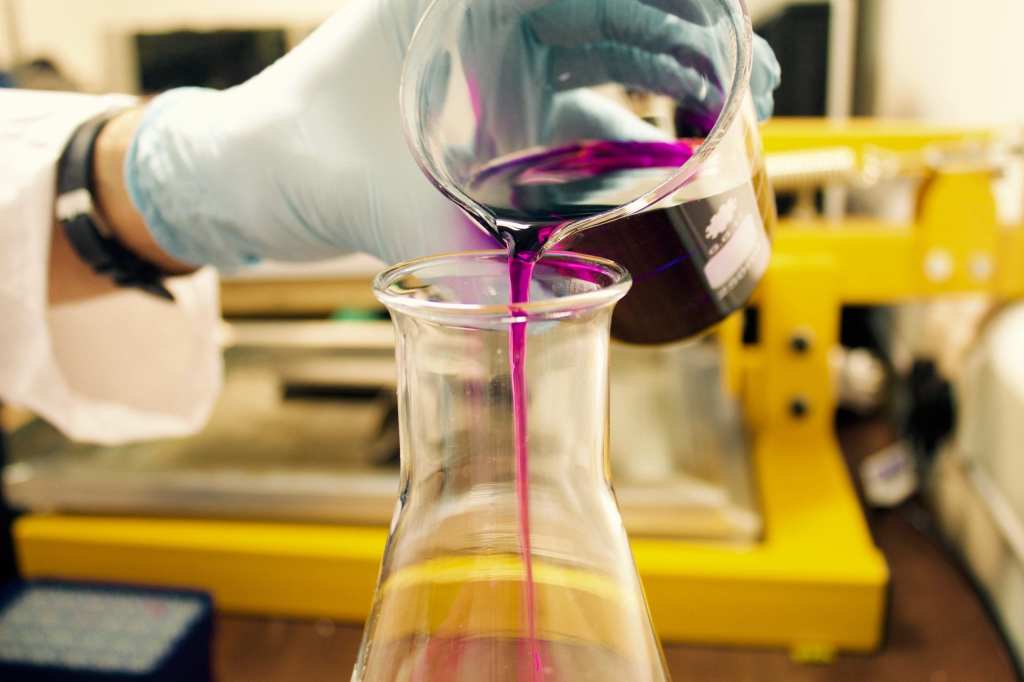Developing a new drug to treat ovarian cancer made one scientist an instant millionaire. But rather than pocket the profits, Professor Nicola Curtin donated her entire $1.1 million payout to charity.
The 65-year-old is part of a team at Newcastle University that worked for 30 years to produce a groundbreaking ovarian cancer drug called Rubraca. The drug has been approved for use by the National Health Service, which is the system of public healthcare providers in the United Kingdom.
Rubraca is used to treat people who possess the specific BRCA gene that significantly increases the risk of ovarian and breast cancer. This gene is commonly referred to as the “Angelina Jolie” gene after the famous actress and philanthropist who unfortunately possesses it.
After three decades of development, Curtin and the team finally found the right formula for a drug that will enable cancerous cells to repair their own DNA, killing tumor cells without compromising the healthy tissue. That breakthrough could be monumental for the thousands of women who get diagnosed with ovarian cancer annually.
According to the Northern Echo, the university sold royalties for the drug for the equivalent of nearly $41 million. Curtin earned north of $1 million for her work, but chose to utilize that payout to establish the Curtin PARP (Passionate About Realising your Potential) Fund at the Community Foundation. Her organization will work with people to help overcome barriers in education and employment.
“Young carers have quite a rough time, they miss out on opportunities at school because they’re busy looking after a sibling or a parent. They need a help up — so do refugees, so do all sorts of people,” she explained. “I just don’t believe that talent is restricted to white middle class people.”
Curtin, who describes herself as “not a great one for gadgets” lives a modest lifestyle with her husband, who works as an engineer. In fact, she said that despite their excellent earnings, they struggle to spend what they take in. According to the selfless professor, scientists aren’t driven by monetary considerations, but rather the desire to find answers.
Her selflessness and desire to make a measurable impact show that money doesn’t have to change who we are at heart. Thank you, Professor Curtin!






